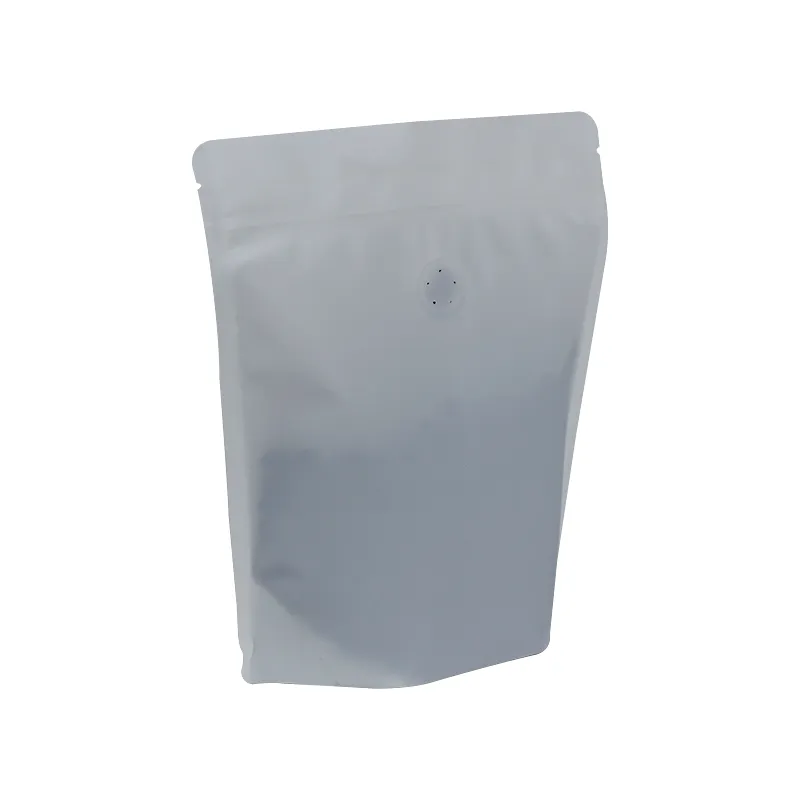- Afrikaans
- Albanian
- Amharic
- Arabic
- Armenian
- Azerbaijani
- Basque
- Belarusian
- Bengali
- Bosnian
- Bulgarian
- Catalan
- Cebuano
- chinese_simplified
- chinese_traditional
- Corsican
- Croatian
- Czech
- Danish
- Dutch
- English
- Esperanto
- Estonian
- Finnish
- French
- Frisian
- Galician
- Georgian
- German
- Greek
- Gujarati
- haitian_creole
- hausa
- hawaiian
- Hebrew
- Hindi
- Miao
- Hungarian
- Icelandic
- igbo
- Indonesian
- irish
- Italian
- Japanese
- Javanese
- Kannada
- kazakh
- Khmer
- Rwandese
- Korean
- Kurdish
- Kyrgyz
- Lao
- Latin
- Latvian
- Lithuanian
- Luxembourgish
- Macedonian
- Malgashi
- Malay
- Malayalam
- Maltese
- Maori
- Marathi
- Mongolian
- Myanmar
- Nepali
- Norwegian
- Norwegian
- Occitan
- Pashto
- Persian
- Polish
- Portuguese
- Punjabi
- Romanian
- Russian
- Samoan
- scottish-gaelic
- Serbian
- Sesotho
- Shona
- Sindhi
- Sinhala
- Slovak
- Slovenian
- Somali
- Spanish
- Sundanese
- Swahili
- Swedish
- Tagalog
- Tajik
- Tamil
- Tatar
- Telugu
- Thai
- Turkish
- Turkmen
- Ukrainian
- Urdu
- Uighur
- Uzbek
- Vietnamese
- Welsh
- Bantu
- Yiddish
- Yoruba
- Zulu
Cost Analysis of Freeze Drying Machines for Commercial and Home Use
The Price of Freeze Drying Machines An In-Depth Analysis
Freeze drying, or lyophilization, has gained immense popularity across various industries, including pharmaceuticals, food preservation, and biotechnology. This innovative process allows for the removal of moisture from products while preserving their structure and nutritional value. As a result, the demand for freeze drying machines has surged, leading potential investors and users to closely examine the prices associated with these machines.
Understanding Freeze Drying Technology
Before delving into the pricing spectrum, it's essential to understand how freeze drying works. The process involves three primary stages freezing, primary drying, and secondary drying. Initially, the material is frozen to a specific temperature. Subsequently, vacuum is applied, allowing ice to sublimate directly into vapor without passing through the liquid phase. Finally, secondary drying removes residual moisture, ensuring that the product is shelf-stable.
The complexity and sophistication of this technology make freeze drying machines a significant investment for businesses
. However, the price of these machines can vary widely based on several factors.Factors Influencing the Price of Freeze Drying Machines
1. Machine Type Freeze drying machines can be categorized into different types, including laboratory-scale machines, pilot-scale machines, and industrial-scale systems. Laboratory machines, designed for smaller batches and research purposes, are typically less expensive, ranging from $10,000 to $50,000. In contrast, industrial units designed for high-capacity production can start from $100,000 and can exceed several million dollars, depending on their specifications.
2. Capacity and Size The capacity of a freeze drying machine, measured in liters, significantly affects its price. Machines that can handle larger volumes naturally come with higher costs. For instance, a small laboratory unit with a capacity of a few kilograms might be priced affordably, while a robust machine capable of processing hundreds of kilograms per batch could cost considerably more.
freeze drying machine price

3. Features and Technology Advanced features such as programmable controls, automatic moisture sensing, and integrated software monitoring can increase a machine's price. Additionally, innovations in energy efficiency and rapid freezing technologies may also raise the cost.
4. Manufacturer's Brand Renowned brands often command higher prices due to their reputation for reliability, customer service, and the quality of their machines. However, lesser-known manufacturers may offer more budget-friendly options, albeit with potentially varying levels of support and technology.
5. Market Demand and Supply Like any other equipment, the prices of freeze drying machines are influenced by market dynamics. During periods of high demand, particularly in sectors seeing growth or crises, such as pharmaceuticals in pandemic conditions, prices may surge. Conversely, an oversupply in the market can lead to price reductions.
6. Location and Shipping Costs The geographical location of the buyer can also influence the final price of the machine. Depending on its origin, shipping costs can add a significant sum to the base price, especially for larger machines.
Long-Term Investment Considerations
While the initial purchase price of a freeze drying machine may appear high, it is vital for potential buyers to assess the long-term benefits and savings that these machines can provide. Freeze drying extends the shelf life of products, reduces waste, and maintains quality, which can lead to increased profitability. Additionally, businesses may consider financing options or leasing models to offset upfront costs.
Conclusion
In summary, the price of freeze drying machines is influenced by multiple factors, including machine type, capacity, technological features, brand reputation, market dynamics, and geographic location. Potential buyers should conduct thorough research and consider their specific needs before making an investment. While the initial cost may seem substantial, the long-term benefits associated with freeze drying could make it a worthwhile investment for businesses aiming for quality and sustainability. As technology continues to advance, the future of freeze drying looks promising, with innovations likely to make these machines even more accessible and efficient.













